The last week has been filled with news of another formidable woman’s passing. (Which prompts us to wonder if more people die around the holidays or if we simply notice more because the context makes the loss sadder.)
Yesterday, we heard we’d lost Joan Didion, the extraordinary writer and early proponent of “New Journalism.”
Her voice was that of a writer who saw things as they were before most of us.
“Yesterday morning I said goodbye to my Aunt Joan for the last time. Yesterday morning her enormous readership also began their goodbyes to Joan Didion, one of the greatest writers of our time,” Griffin Dunne, her 66-year-old nephew, said in a statement today.
“In 1961, as a young contributor at Vogue, Joan once wrote, ‘People with self-respect exhibit a certain toughness, a kind of moral nerve; they display what was once called character.’ As her nephew, I was fortunate enough to witness firsthand Joan’s character, her self-respect, her certain toughness,” his statement continued.
“These qualities are ones I admire and have tried to learn from all my life. Her voice was that of a writer who saw things as they were before most of us. She wrote about grief to find out what she felt, but ended up giving hope and meaning to those who needed it most. Now I find myself in grief, which I share with so many others who are also mourning this great loss.”
Read More: We All Can’t be as Bold as “It Girl” Eve Babitz Was, But She’s Been Fun to Watch
A Record of Her Life
Didion, whose work in so many ways has defined more than a generation, leaves behind numerous essays that reveal her remarkable mind and perspicuity, plus enough personal details that it was easy to think we knew who she was. She also wrote fiction and screenplays. Many of us know Didion’s name, whether from her wrenching 2005 book, The Year of Magical Thinking which explores her grief upon her husband’s death, or perhaps from seeing our own mothers read her novel Play It As It Lays.
Her professional coups include reporting on California hippie culture, scripting movies, covering El Salvador’s political unrest.
The fullest sense of the icon can be found in the documentary, Joan Didion: The Center Will Not Hold. This film captures her at age 82, waif-like but full of energy and emotion, gesticulating as she reminisces with her on-screen interviewer, nephew Griffin Dunne, who funded this project on Kickstarter. It’s a tribute to her creative spirit and keen intellect: We hear about her professional coups — reporting on California hippie culture, scripting movies, covering El Salvador’s political unrest. Clips of past interviews show Didion immersed in the mood of those eras and distilling them for her readers.
But the heart of the film is seeing Didion today, grappling with the emotional heart of her life—the loss of both her husband and her daughter in less than two years’ time. Seeing her pore over old photos, alluding to her daughter finding her to be a “remote” parent, or describing the evening of her husband’s death – these are deeply affecting moments, with Didion’s eyes and hands communicating more than her words can. Beyond creating a portrait of a notable creative force, The Center Will Not Hold will stick with you, thanks to these intimate yet universal moments.
Read More: With bell hook’s Death, We’ve Lost a Powerhouse Feminist Thinker and Writer

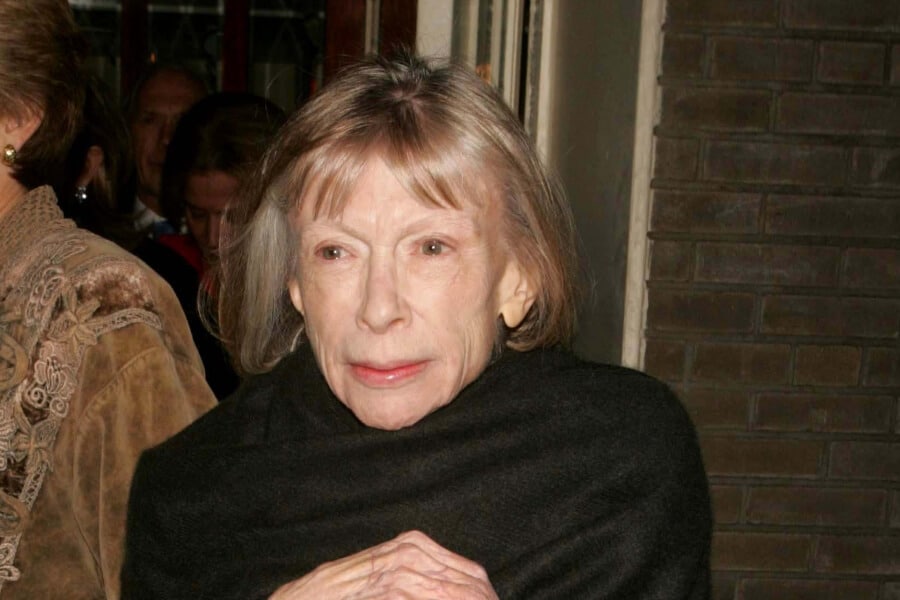


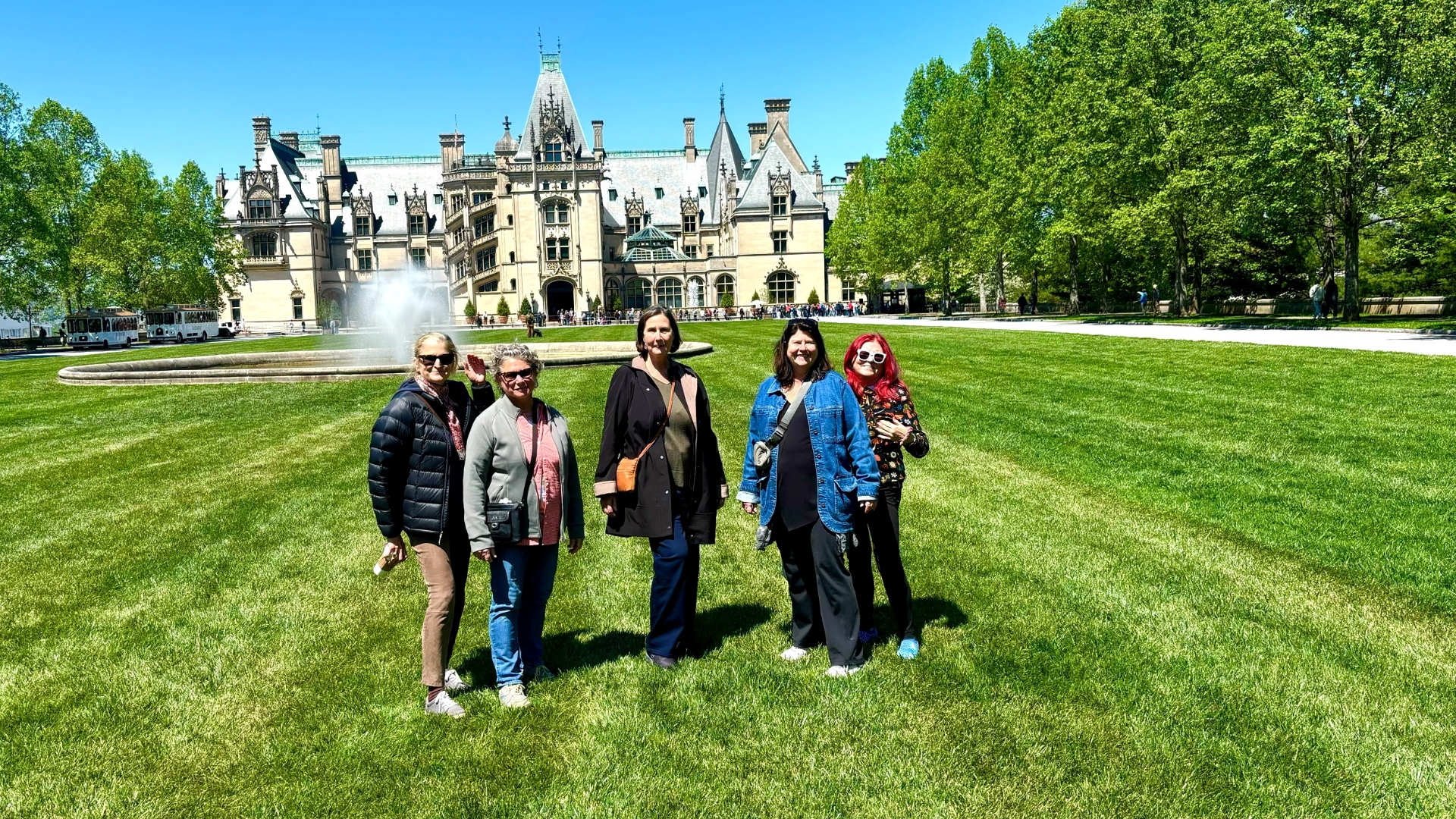


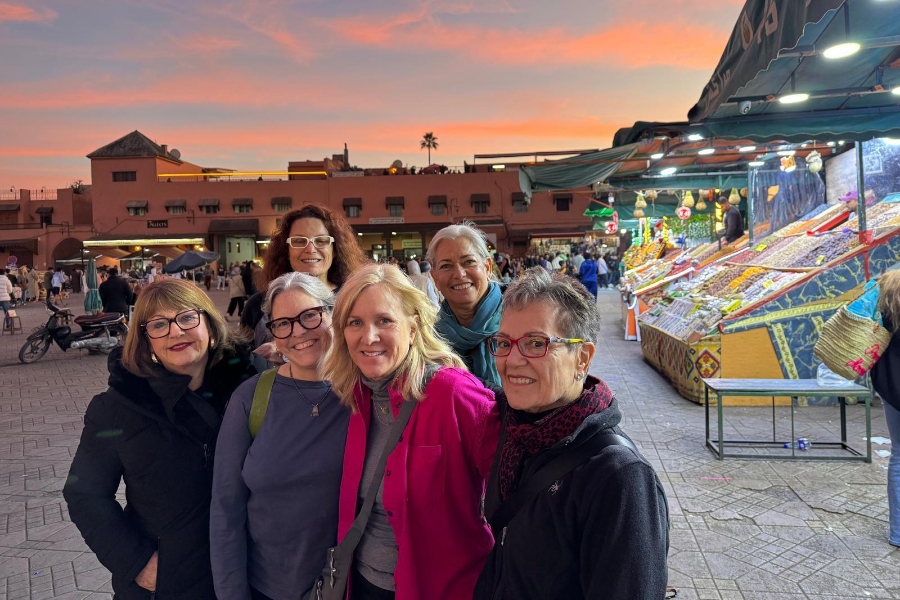



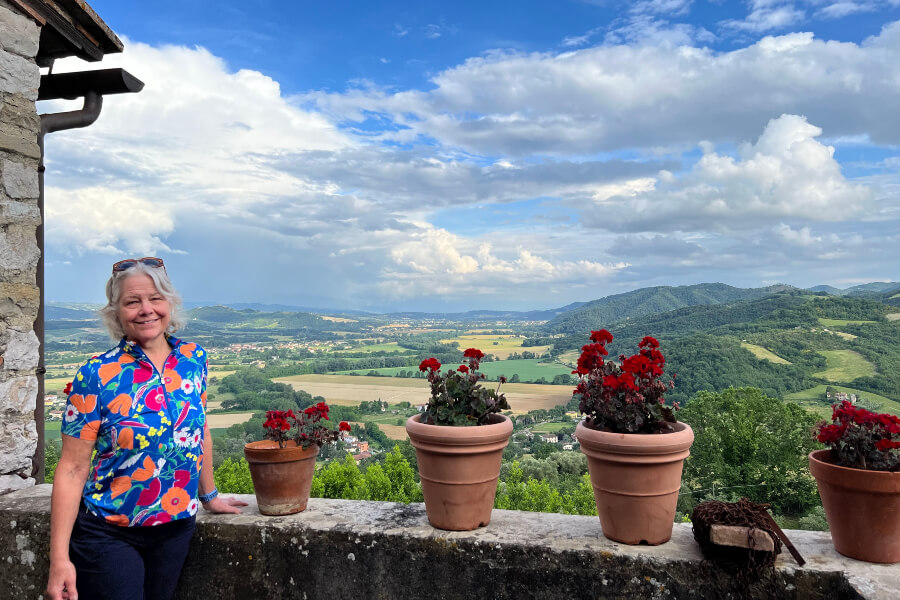
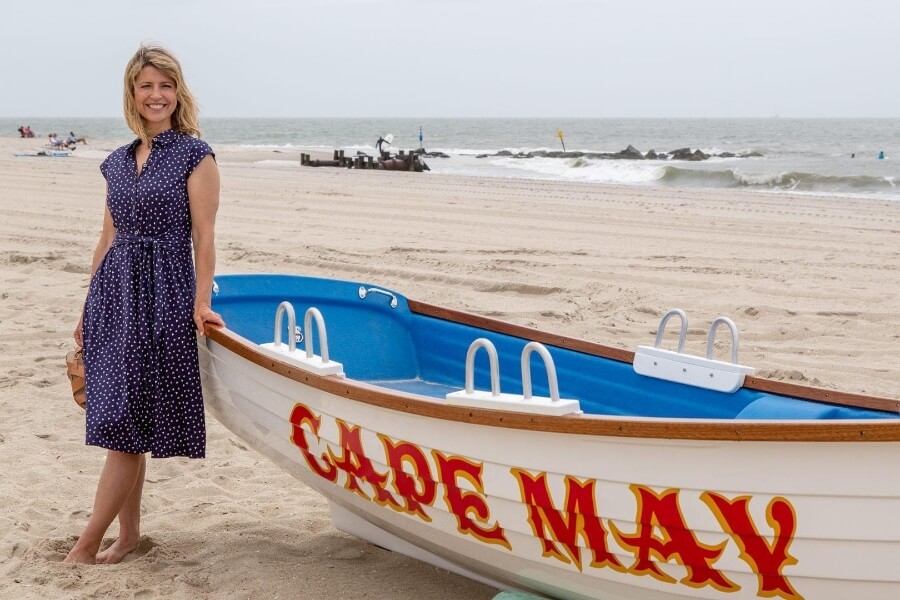
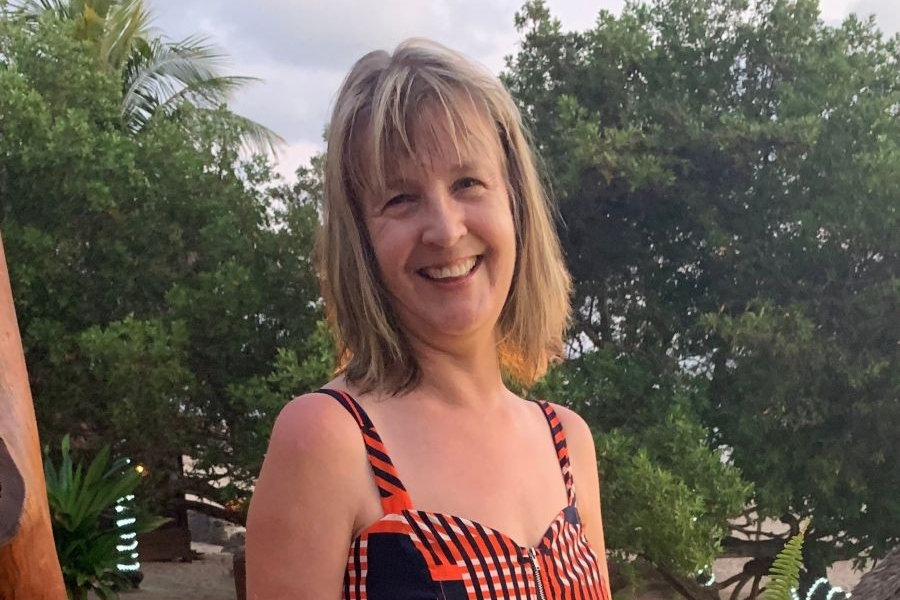





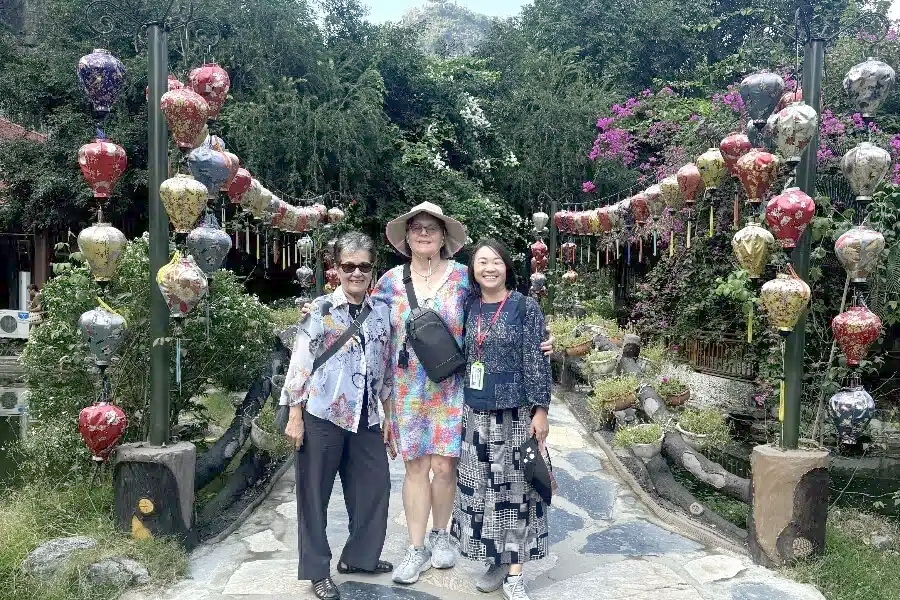

0 Comments